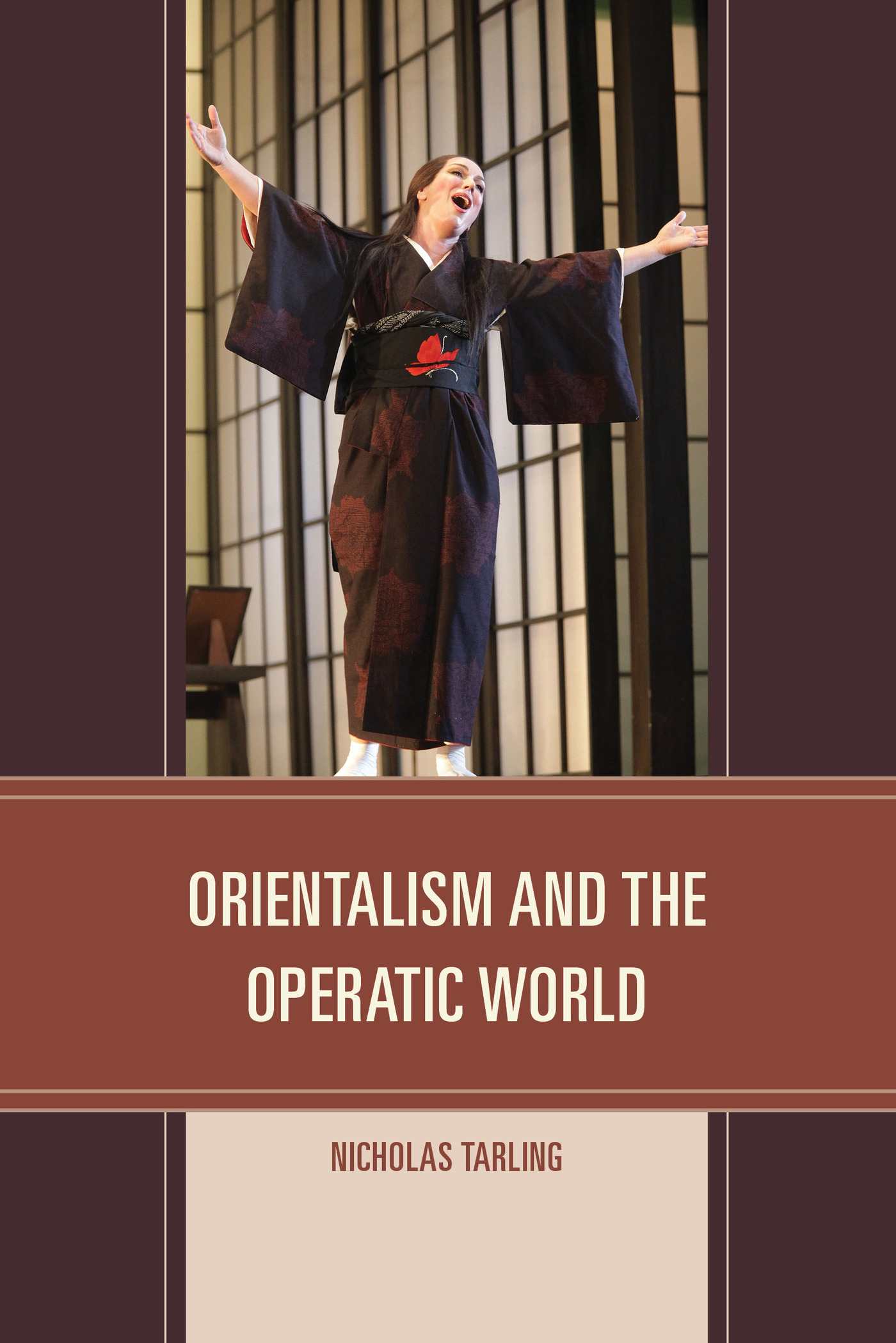Orientalism and the Operatic World
Orientalism and the Operatic World
Nicholas Tarling
ROWMAN & LITTLEFIELD
Lanham Boulder New York London
Published by Rowman & Littlefield
A wholly owned subsidiary of
The Rowman & Littlefield Publishing Group, Inc.
4501 Forbes Boulevard, Suite 200, Lanham, Maryland 20706
www.rowman.com
Unit A, Whitacre Mews, 26-34 Stannary Street, London SE11 4AB,
United Kingdom
Copyright 2015 by Nicholas Tarling
All rights reserved. No part of this book may be reproduced in any form or by any electronic or mechanical means, including information storage and retrieval systems, without written permission from the publisher, except by a reviewer who may quote passages in a review.
British Library Cataloguing in Publication Information Available
Library of Congress Cataloging-in-Publication Data
Tarling, Nicholas.
Orientalism and the operatic world / Nicholas Tarling.
pages cm
Includes bibliographical references and index.
ISBN 978-1-4422-4543-3 (cloth : alk. paper) ISBN 978-1-4422-4544-0 (electronic)
1. OperaHistory and criticism. 2. Orientalism in opera. I. Title.
ML1700.T27 2015
782.109dc23
2014046133
 TM The paper used in this publication meets the minimum requirements of American National Standard for Information Sciences Permanence of Paper for Printed Library Materials, ANSI/NISO Z39.48-1992.
TM The paper used in this publication meets the minimum requirements of American National Standard for Information Sciences Permanence of Paper for Printed Library Materials, ANSI/NISO Z39.48-1992.
Printed in the United States of America
For Colin Mackerras and Richard Phillips
The author gratefully acknowledges the assistance of Brook Barrington and Richard Phillips, the facilities offered by the Music Library at the University of Auckland and its staff, and the support of the Universitys New Zealand Asia Institute.
Opera is, after all, something akin to the foreign policy of music, the site where it most conspicuously meets the world at large and engages with it.
Peter Tregear, Ernst Krenek and the Politics of Musical Style (Lanham, MD: Scarecrow, 2013), xvi.
Argument
Globalisationwith its advantages and disadvantageshas been ill-defined but much discussed. In this book it is seen not only as a recent process but as a long-term one. Throughout most of recorded history, though especially in the last five hundred years, contacts and exchanges among peoples of the world have increased and their cultures constituted and reconstituted.
The processes have been diverse, peaceful, and the reverse of peaceful. Contacts that have begun by stereotyping or homogenising have given way to, or even been seen to be combined with, interchange and borrowing, even recognition of commonality.
It is in this context that the author also sees the arguments of Edward Said, in particular those in his influential modern classic Orientalism. Orientalism, betokening an homogenising and stereotyping and thus dehumanising view of the other, has come into common use and has been influential in the study of literature and the arts as well as other domains.
More rarely has it been applied to Western opera. Yet that has been and is a globalised and globalising phenomenon, and as a performance-oriented combination of other arts, it affords unique opportunities for appraising the concept of orientalism, particularly in those cases where its concern with the exotic focuses on the East.
It is partly with those opportunities in mind that the book takes up the study of a number of exemplary works, rather as Said does in Culture and Imperialism. Some are better known than others, though all have been recorded and are thus available at least for listening if not for viewing.
Operas history extends over most of the past five hundred years during which the world has been subject to ever-increasing globalisation. And opera has also changed over that long period, as its component arts have changed, as their combination has changed, and as its role in society has changed. Its capacity to enable comment on orientalism has also changed. Some operas have joined an established repertoire, and the handling of them by successive generations affords further opportunity for analysis.
The author seeks to interest in opera those who are ready to adopt or indeed to criticise the use of the Saidian concepts in other fields or to generalise them. But he also hopes that it will interest operagoers, buffs or novices. Their experience of repertoire operas may gain an additional context. They may be encouraged to seek opportunities for hearing works outside the very limited repertoire that opera houses now generally supply.
Complaining that many of the Saidian generalisations have lived on in a discourse on the Orient which is exceedingly baggy, and allows the throwing together of the utterances in multiple genres, from operatic libretti to colonial reports to ancient histories, Suzanne Marchand argues the need for a better model, or models, for understanding how knowledge, and literature, are made, one that includes, of course, disequilibrium in power relations and does not underestimate the potential for cultural misunderstandings, but also one that includes an appreciation for diverse motivations and alternative tools of inquiry, and which offers the possibility for real (if never interest-free) exchange. This book takes up the reference to opera libretti but also considers the relevance of the observation, and the aspiration, to other aspects of opera.
The authors overall conclusion is that a study of operaeven of oriental operasdoes not support the accusation that Europe or the West took a stereotyping, homogenising, or dehumanising view of the East in which, as Said argued, a wish to dominate was at least implicit. Opera in general is a humanising art: indeed it could hardly help so being, since it relies on a common, though unique, human attribute, the voice, and was presented by human beings representing other human beings.
Considering particular examples, moreover, demonstrates the particularities that may undermine generalisations. The motives of composers, librettists, and impresarios come into view, as well as those of performers: they want in general to please, to excite, to enliven, to renew, but above all to express emotion, particularly, though not exclusively, that of individuals. Composers make compromises; they aim to accommodate particular singers. They wish generally to entertain, sometimes also to instruct. They adapt their works. Their works are adapted by others.
If the author were in conclusion to offer a general admonition, it would be that globalisation is itself a complex process. One reaction is to emphasise the othering that may be involved and even, it seems, to seek to reify different cultures in order to secure respect for them. But in any attempt to do so, it should never be forgotten that interchange will take place, whether or not it may be criticised, mildly or otherwise, as appropriation or hybridisation, and that there is a strong argument that, enlivening and enlightening, it should take place. Opera is nowadays often condemned as a museum art. If so, it is a very interactive museum.
Note
Suzanne Marchand, On Orientalism and Iconoclasm: German Scholarships Challenge to the Saidian Model, in Cosmopolitan Thought Zones, ed. Sugata Bose and Kris Manjapra (Basingstoke: PalgraveMacmillan, 2010), 26061.
Overture
An operagoer is sure to know, if not love, some of the seventy operas of Gaetano Donizetti (17971848), who shaped one of the climactic phases in the long history of Western opera, that of bel canto (beautiful singing), and located his operas in a wide variety of periods and places, some as exotic, at least to him, as Siberia, Scotland, and Liverpool, but all concerned with interpersonal conflict of various kinds. The Donizetti enthusiast might also read of his eldest brother, Giuseppe, a conscript in the army of the Napoleonic kingdom of Italy and later, it is said, on board the ship on which the defeated emperor escaped from Elba in 1814. When the reforming Sultan of the Ottoman Empire, Mahmud II, dissolved his janissary regiments in 1826, he looked for a European bandmaster. Giuseppe Donizetti was recruited. His Turkish career prospered under Mahmud and under his successor. He composed marches for his masters and was made a pasha. From the 1840s he organised an annual opera season at Pera (present-day Beyoglu) in Constantinople (present-day Istanbul). The fraternal link may interest others besides operagoers.
Next page
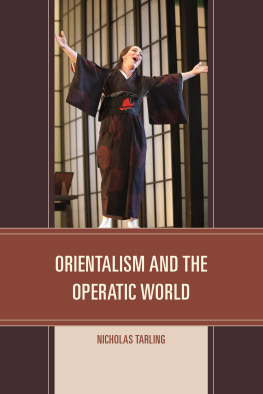
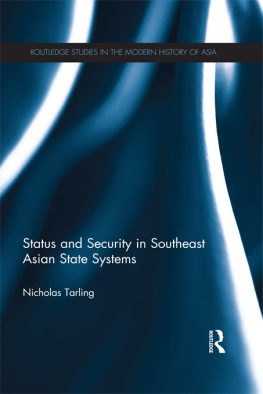

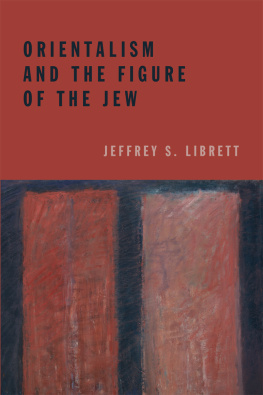
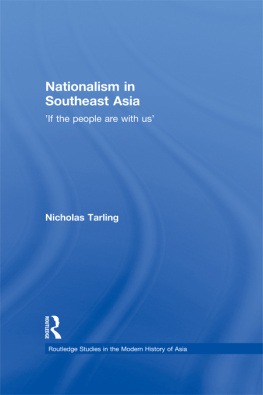
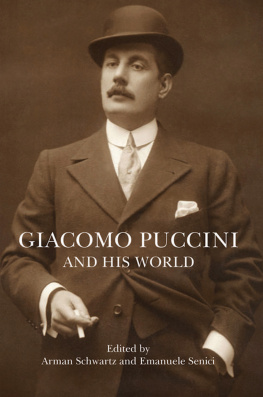
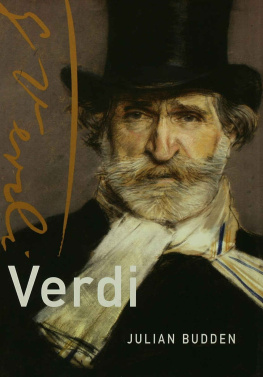
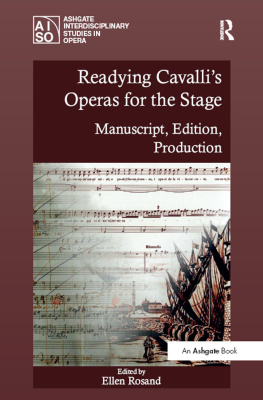
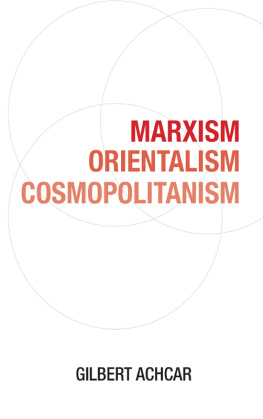
 TM The paper used in this publication meets the minimum requirements of American National Standard for Information Sciences Permanence of Paper for Printed Library Materials, ANSI/NISO Z39.48-1992.
TM The paper used in this publication meets the minimum requirements of American National Standard for Information Sciences Permanence of Paper for Printed Library Materials, ANSI/NISO Z39.48-1992.